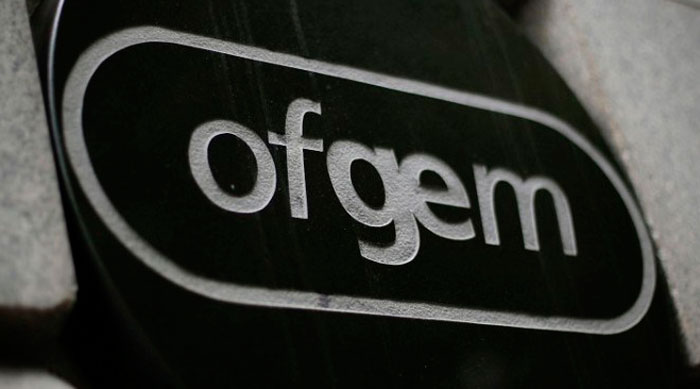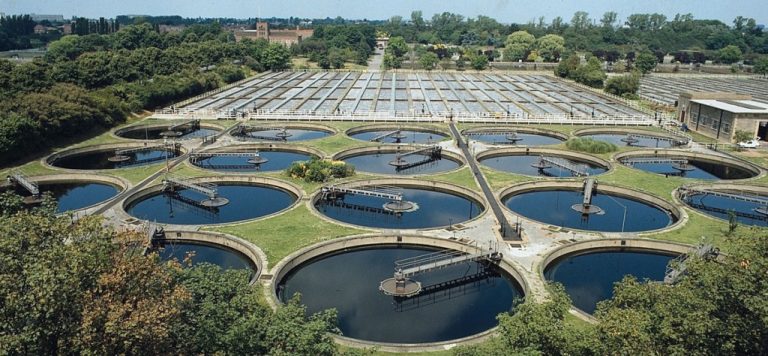Serving as the platform for the delivery of important services throughout the UK and Ireland, Sara Venning, Chief Executive of NI Water has rightly urged the wider sector to stress the importance of funding for infrastructure and developments across Northern Ireland; this, in effect allowing Northern Ireland Water to, firstly, sustain the level of service it is presently delivering and, secondly, improve that service for the betterment of residents in Northern Ireland. “You can’t have the nice things if you don’t have the infrastructure, and we need to fund the infrastructure,” explains Sara Venning. Highlighting the importance of funding for the future development of the organisation, Sara Venning highlighted the difficulties NI Water has been facing in signing up to a medium-term plan which is, in effect, an essential requirement for a regulated utility. As she explains, NI Water has been able to agree on, “The first year of our programme of work as a one-year programme of work,” and the company will look to develop a plan for the following year also. Sara Venning, however, highlights the fact that this still represents an, “Inherently inefficient way of running a capital intensive business such as ours.” And though NI water does actually intend to push a strategy which will help to deliver lower bills, improve efficiencies and drive customers service improvements through the PC 15 period, the organisation’s ability to pursue such a strategy will depend upon proper funding. Insisting that NI water is “up for the challenge”, it is evident that the organisation is ready and raring to go, yet, without proper recognition and funding support, NI Water’s ability to deliver the targeted benefits to the customer are somewhat hampered. In raising the profile of the utilities sector and the importance of proper funding, it is, as noted by Sara Venning, a task not solely for one person, or organisation, and instead will require a collaborative approach from the wider industry. Displaying how other like-minded individuals can stress the importance of funding, Sara Venning also recently appeared before the Regional Development Committee, stating that the organisation’s constitution as a government-owned company does actually restrict its potential ability to deliver the best service and that, with less constraints, it could achieve so much more.













